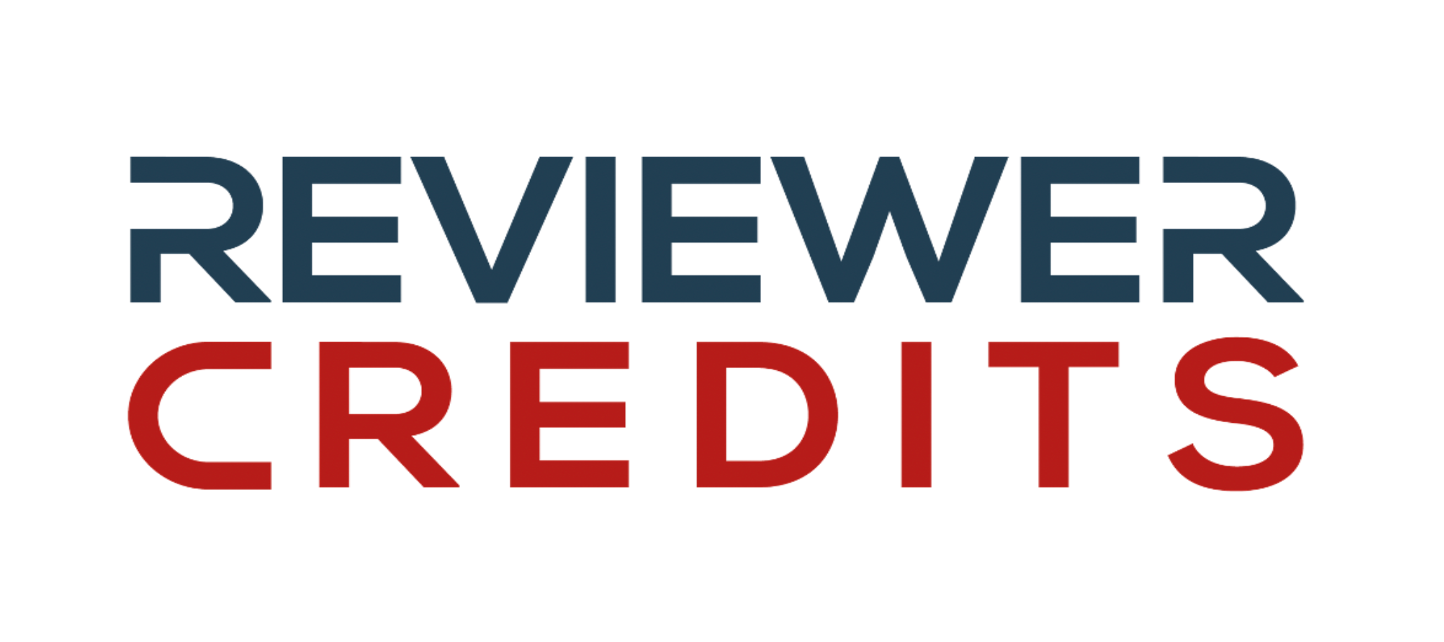TOWARD A SUSTAINABLE WATER AND SANITATION STRATEGY FOR DUHOK GOVERNORAT
Abstract
This article focuses on building a resilient sector based on a unified approach for a comprehensive
social, economic and environmentally viable water and sanitation sector development for Duhok
Governorate. The article highlights the challenges of meeting the growing water demand, the impact of
water scarcity, the changing geo-political scenarios, the sanitation policy of Duhok, the need to prepare for
a water-secure future for all citizens and residents of Duhok Governorate. To achieve an integrated
approach to manage water resources and sustainable water and sanitation services in light of future sector
imperatives there is a need to protect our water resources while ensuring equitable and efficient water
allocations to meet all social and economic development needs, with secured wastewater/sanitation
services to our populations. Furthermore, there is a need to revise the institutional and legal frameworks
to streamline sector management and administration. The management and protection of water is a
shared responsibility among various government sectors, municipalities, businesses, industry, and
individuals. Residents need to be aware of how much water they use, practice water conservation, and
respect the environment. Water and sanitation management could include developing a better
understanding of water resources and using this information to support sustainable economic
development; implementing improved long-term management developed through joint work of all
stakeholders; and evaluating opportunities to share more information with the public.
Downloads
References
Attitudes and Practices of Society on the Use
of Water and Environmental Aspects in Iraq,
FAO, AQUASTAT database
Heshmati, Almas (2009), Integrated Water Resource
Management in the Kurdistan Region,
KRG Ministry of Planning & UNDP, Building the
Kurdistan Region of Iraq (2012): The Socio-
Economic Infrastructures,
KRG Ministry of Planning, Kurdistan Region of Iraq
(2013): A Vision for the Future 2020
Othman, Nasih (2017), Environmental Health
Assessment in Sulaymaniyah City and
Vicinity,
UNDP (2010), Drought Impact Assessment,
Recovery and Mitigation Framework and
Regional Project Design in Kurdistan Region,
UNDP (2015), Post-Conflict Impact Assessment on
Environment in Kurdistan Region of Iraq,
UNESCO (2013), Integrated Drought Risk
Management: National Framework for Iraq,
World Bank (2015), The Kurdistan Region of Iraq:
Assessing the Economic and Social Impact of
the Syrian Conflict and ISIS,
FAO and the World Bank (2014).
“Benchmarking the Kurdistan Region.”
“Iraq Agricultural Sector Note.”
Global Trade Information Services (2014).
Global Trade Atlas.
International Organization for Migration (2018).
“Response to the IDP Crisis in Iraq:
Displacement Tracking Matrix.”
REACH (2014), “Iraq IDP Crisis Overview.”
CCCM Cluster Iraq Settlement Status Report,
January 31, 2018,
Al-Ansari, N. (2013), „Management of Water
Resources in Iraq: Perspectives and
Prognoses‟. Engineering, Vol. 5 No. 8.
667-684.
UN Environmen (2017), „Environmental issues
in areas retaken from ISIL Mosul Iraq‟.
Technical note.
FAO (2015), Sustainable Development Goals.
University of Dohuk. Swiss Proposal. Strategy and
Scenarios for the Humanitarian Assistance in
the Water and Sanitation Sector in Dohuk”
It is the policy of the Journal of Duhok University to own the copyright of the technical contributions. It publishes and facilitates the appropriate re-utilize of the published materials by others. Photocopying is permitted with credit and referring to the source for individuals use.
Copyright © 2017. All Rights Reserved.














